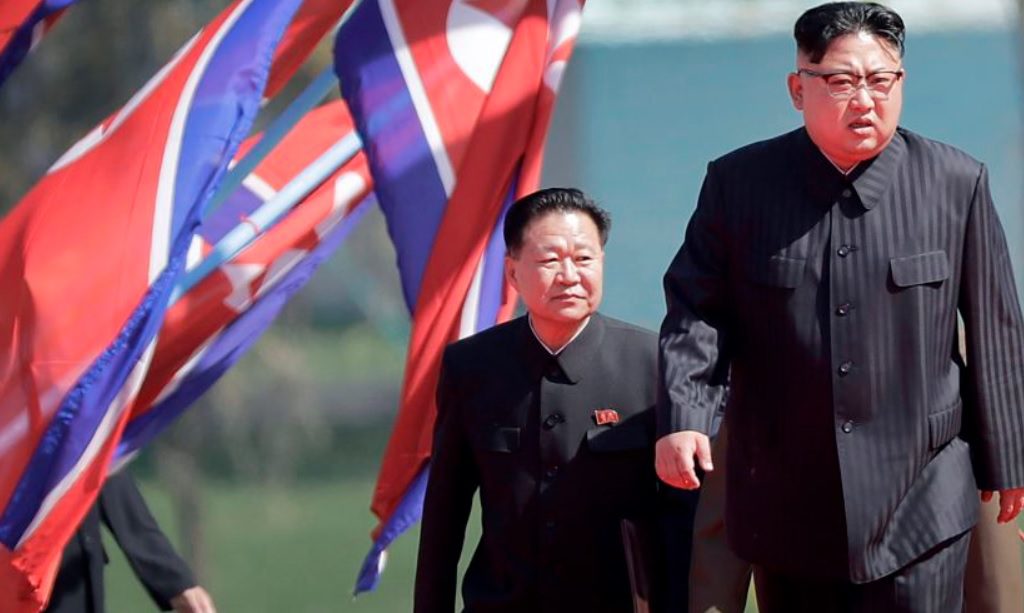Since emerging from his international isolation just over a year ago, North Korean leader Kim Jong Un has been a busy man. Kim has met twice with U.S. President Donald Trump, three times with South Korean President Moon Jae-in, four times with Chinese President Xi Jinping, and once with Vietnamese President Nguyen Phu Trong. One name missing from that list: Russian President Vladimir Putin. That could soon change.
Kremlin spokesman Dmitry Peskov confirmed Monday that preparations for a long-rumored Kim-Putin summit are underway. The meeting could happen as soon as next week, according to South Korea’s semi-official Yonhap news agency. Pyongyang and Moscow have clear motivations for the meeting. Kim, whose government is being squeezed by international sanctions, is likely to push Putin for economic aid that would give him more leverage in nuclear talks with the United States. Putin may use the meeting to boost his influence in North Korea and ensure Moscow is not sidelined in negotiations over North Korea’s nuclear weapons program.
Under Putin, Russia has attempted to disrupt U.S. interests around the world, in areas as diverse as Syria, Ukraine, and Venezuela. But Putin is not likely to play the role of spoiler in the North Korea-U.S. talks, in part because he doesn’t have much leverage over Pyongyang, says Andrei Lankov, a professor at Seoul’s Kookmin University. “And in this case, Russia’s interests are not that different from that of the United States. Both sides want to preserve the status quo and want denuclearization,” Lankov says. Russia may also be reluctant to upset South Korea, an important trading partner, whose progressive government is heavily invested in engagement with the North.
Russia has carried out a balancing act in its approach toward Korea. After the breakup of the Soviet Union, Russian leaders decided to prioritize relations with South Korea over the North. But since the mid-1990s, Moscow’s policy has been based on “equidistance,” or balanced relations toward both Seoul and Pyongyang, says Anthony Rinna, a North Korea-Russia relations specialist at the Sino-NK research group. “The Kremlin is trying to reverse the post-Cold War decline of its influence in East Asia,” Rinna says. “In order to do that, Moscow needs to strengthen its ties with the DPRK.” Though Moscow supported intensified U.S.-led international sanctions on North Korea following missile and nuclear tests in 2016 and 2017, it later called for them to be eased. Russian companies have since supplied oil to North Korea, in violation of those sanctions.
Another factor: Russia sees North Korea as a buffer against the U.S. military presence in the region, including the 28,000 U.S. troops in South Korea. But for now, Russia’s biggest priority may be preventing a return to the provocations of 2017, when Kim and Trump regularly exchanged threats of nuclear war.
